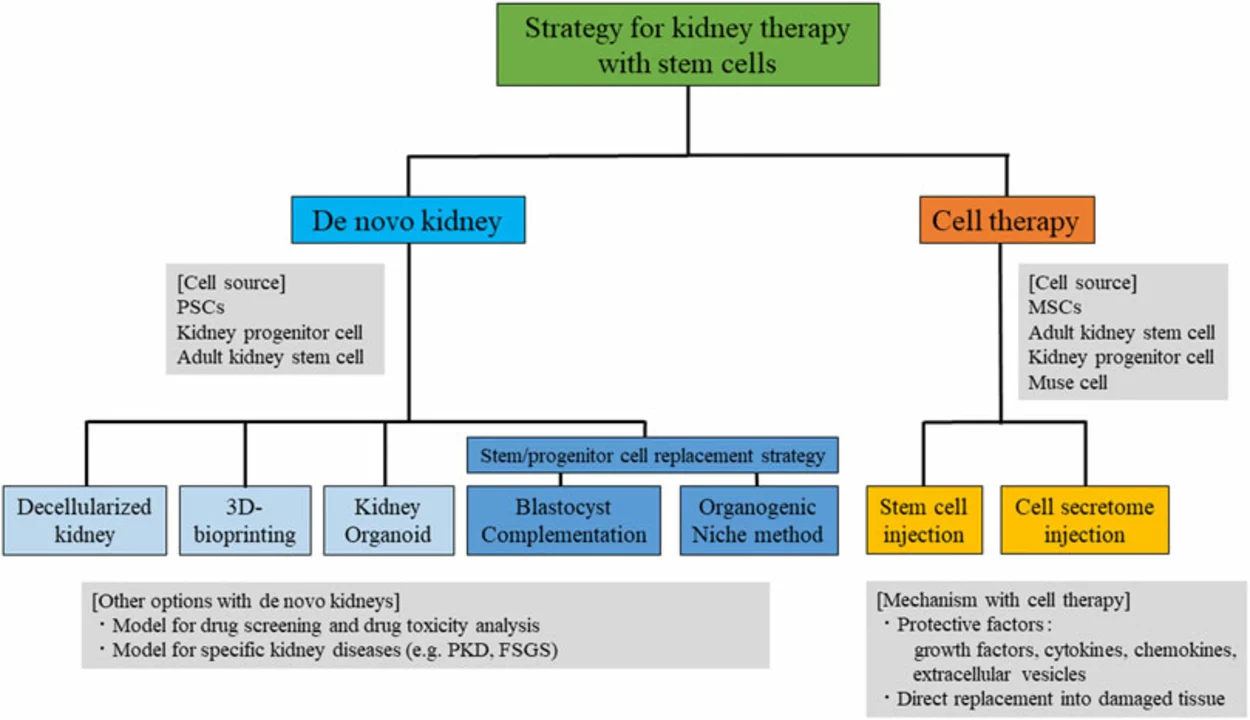Kidneys filter waste and balance fluids and electrolytes. When they stop working well, wastes build up and you can feel sick fast. Renal failure ranges from sudden, treatable injury to long-term loss of function. Knowing the signs and what to do can save kidney function and your life.
Problems can show up slowly or suddenly. Common signs: less urine or dark urine, swelling in legs or face, shortness of breath, extreme tiredness, nausea, confusion, and muscle cramps. If you suddenly make very little urine, have chest pain, fainting, or irregular heartbeat (could be high potassium), get immediate care.
Doctors use blood and urine tests to check kidney function. Creatinine and estimated glomerular filtration rate (eGFR) tell how well your kidneys filter. A urine test can show infection or protein loss. Imaging like ultrasound looks for blockages. If tests show a big drop in function, you may need urgent treatment or dialysis.
Acute kidney injury (AKI) often follows severe dehydration, major infection, blood loss, or a blocked urinary tract. Stopping the cause—giving fluids, treating infection, or removing a blockage—can restore function. Chronic kidney disease (CKD) usually develops over years from diabetes, high blood pressure, or long-term kidney inflammation. Slowing CKD means controlling blood sugar, lowering blood pressure, quitting smoking, and following your doctor’s plan.
Some medicines can harm kidneys or need dose changes when kidneys are weak. Avoid regular use of NSAIDs (ibuprofen, naproxen) and check with your doctor before imaging tests that use contrast dye. Common drugs that require dose adjustments include certain antibiotics, antivirals, and some blood pressure meds. Your pharmacist can help check doses based on eGFR.
If kidney function drops a lot, treatment options include fluid management, correcting electrolytes, temporary dialysis to remove toxins, and for end-stage disease, long-term dialysis or transplant. Your care team will explain benefits and risks of each option and help you plan next steps.
Practical tips: keep a list of all your medicines and supplements, carry a recent lab result if you see a new doctor, stay hydrated but follow fluid limits your team gives you, and get annual kidney checks if you have diabetes or high blood pressure. When starting any new drug, ask how your kidneys affect dosing.
Want focused articles? Our tag collects drug safety reviews, medication alternatives, and pharmacy guides that matter if you have kidney issues. Browse posts on medication safety, cost-saving tips for chronic meds, and drug-specific guides to make safer choices.
If you’re worried about symptoms or test results, call your healthcare provider now. Early action often prevents lasting damage.

Renal failure can be a daunting diagnosis, and understanding insurance coverage and financial support options is crucial. In my latest blog post, I break down the different types of insurance plans, such as private, Medicare, and Medicaid, and how they can cover renal failure treatments, like dialysis or a kidney transplant. I also explore various financial assistance programs and non-profit organizations that offer support to alleviate the burden of medical expenses. By knowing your options, you can focus on getting the best care possible while managing the financial aspect of your health journey. Read on to empower yourself with this essential knowledge and take control of your renal health.